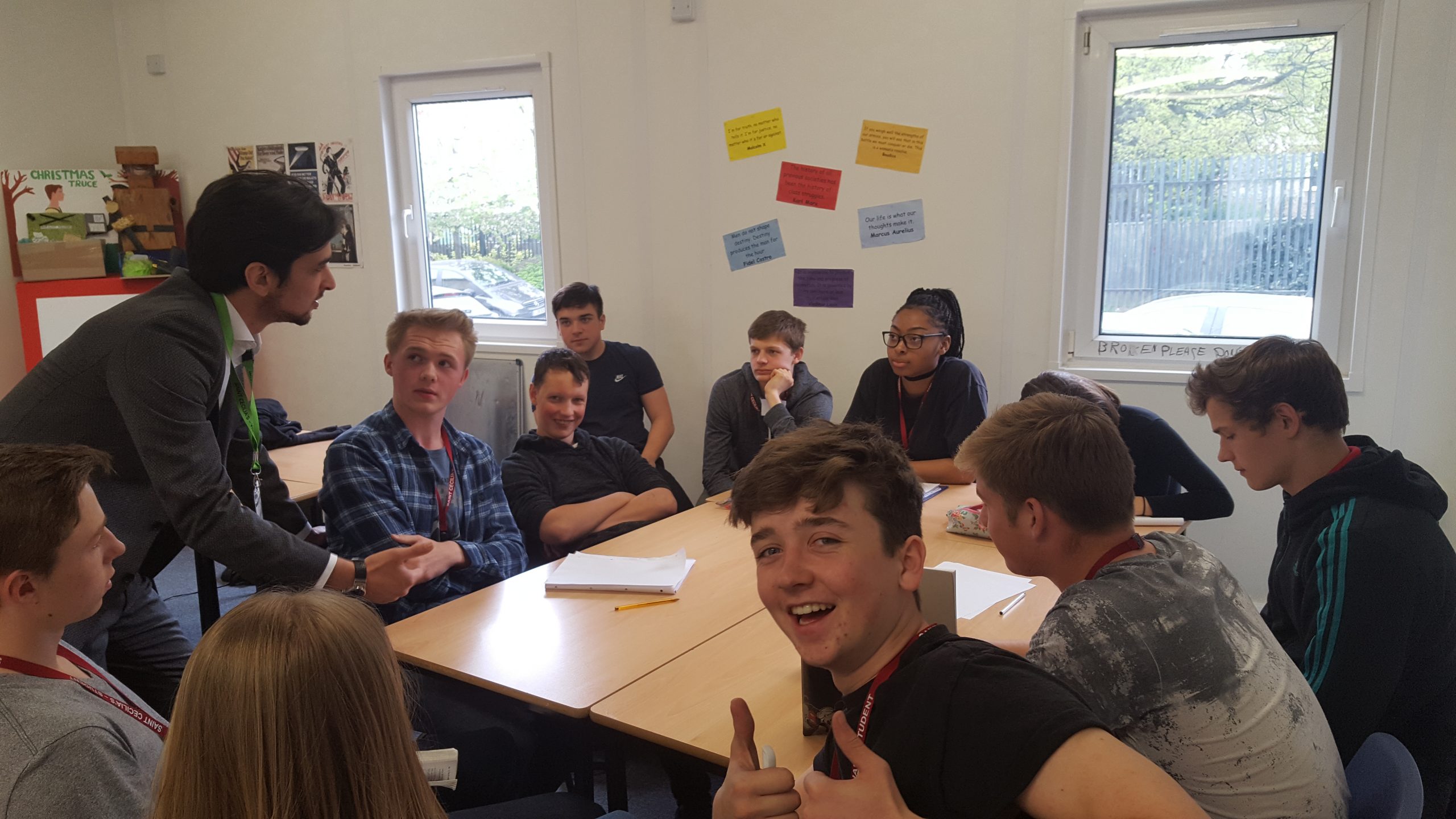This blog post was published under the 2019 to 2022 Conservative government
By Alice Phoenix, Shout Out UK
Hate is often fuelled by victimisation, harmful stereotypes and false information. As children and young people spend an increasing amount of time on social media platforms, online forums and websites, they can become further exposed to hateful ideologies and groups.
Shout Out UK have made it our mission to tackle this issue in our workshops and courses, but we also want to outline some useful tools that you can use in the classroom.
Analysing hateful and extremist content
We have experience teaching in various educational settings, with a priority focus on Pupil Referral Units (PRUs), Alternative Provisions (APs) and academies. We recently taught our Media Literacy and Extremism course in a school with students exhibiting hateful and anti-semitic verbalisations and behaviour. The students were taught firstly about British values and ideology/practices that go against this. We then got the students to analyse disinformation online that targets certain social groups or ideas. For example, we showed them a social media post of an image saying ‘Multi-culturism is murder’.
Getting the students to think about what multiculturalism means as well as how this post made them feel, was vital so that they can understand both the agenda and consequences of the image.
Combating conspiracy theories
We also focus on the importance of combating conspiracy theories in the classroom. This is particularly important when it comes to theories that manifest ‘fearful’ attitudes to other groups in society. Getting students to share common conspiracies they are aware of is a great opportunity to create an engaging and collaborative learning environment. Unfortunately, conspiracy theories won’t always stick to a PSHE lesson – there are times when they will pop up in other lessons. Whether it’s about Covid vaccines changing your DNA or the moon landing being fake, teachers should be prepared to deal with them.
It might feel easier to ignore conspiracy theories and move on, but this can also allow for potential harmful beliefs to go unchallenged.
So, what tools can we use to combat conspiracy theories?
A step-by-step process to challenge a conspiracy theory
1. Determine if the young person has brought this up in the classroom to be disruptive or it is an actual belief they have.
2. Challenge the conspiracy theory. An example of a challenge can be:
“Hey <Name> I heard you just say the Earth is flat, what do you mean by that?”.
The challenge does not have to be hurtful or mean. It can be something as simple as: “Can you explain in a bit more detail what you mean by that”?
3. Determine time and ability to expand on the issue. If you only have five minutes of class left, or you really need to go over the topic in your class then you can clarify that you will discuss this issue in form time, or during your PSHE class.
4. Determine where the person heard that piece of information. It will most likely be from social media, but it is good to clarify where exactly. For example: TikTok or Instagram.
5. Apply source verification to the conspiracy theory. This is where you find the source of information and REVIEW.
To support you with this we have created a handy video. It outlines through an acronym of ‘review’ how to determine if a source is factual and credible. By using the acronym shown below, young people can use their critical thinking skills and fight against conspiracy theories:
R- Reputation
E- Evidence
V- Verification
I- Intent
E- Emotions
W- Weigh it all up
Next steps:
- Visit Shout Out UK’s Media Literacy hub for free resources and videos.
- Check out the Conspiracy Theories in the Classroom guidance for teachers.

